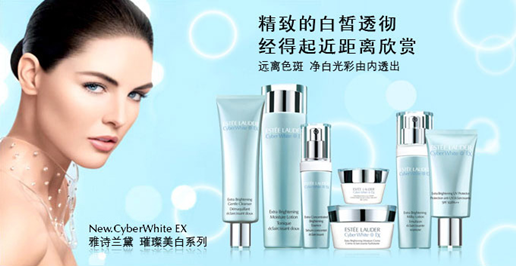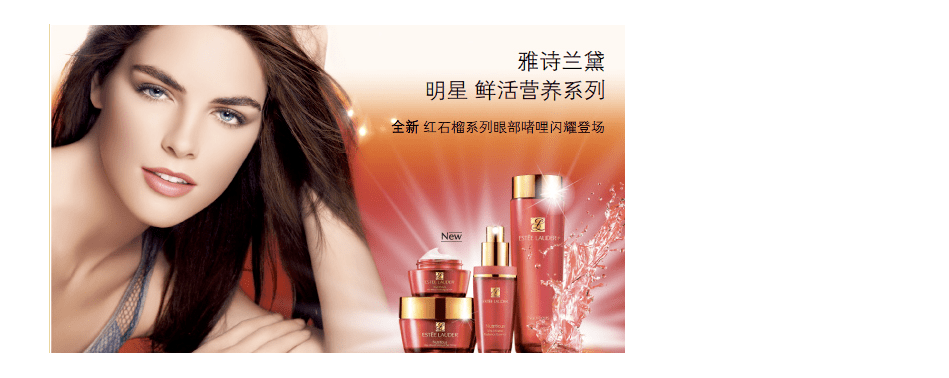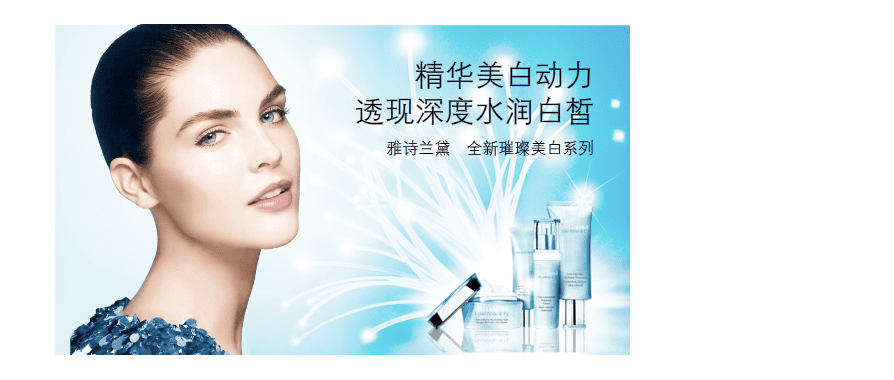

In the realm of cosmetics, crafting effective Chinese product naming is crucial for international brands like Estee Lauder. These names must seamlessly convey the product’s functional attributes while resonating with Chinese consumers. A semiotic analysis of two Estee Lauder product names exemplifies the nuanced adaptation needed for success in the Chinese market.

In delving into the semiotic analysis of product names, let’s examine the characters 鲜活营养. These characters, when combined, form a name for a specific product range, conveying the essence of skin restoration and nourishment. The choice is fitting as the products in this range predominantly feature fruit essence, known for addressing dull skin concerns and providing essential nutrients. Beyond functionality, the name is strategically crafted to resonate with Estee Lauder’s target demographic—affluent women aged 28 to 40, adding an extra layer to the semiotic appeal.

To differentiate their product, Estee Lauder creatively uses 璀璨 (cuǐ càn) in the product name. This shows their products are more luxurious as this phrase is usually used to describe diamonds.
In summary, these two Chinese Estée Lauder product names effectively convey the functional attributes of the products. The names enhance the positioning and differentiation of the products, and appeal to their target markets. If you haven’t carefully considered a Chinese name for your product offerings, you might want to do so!
DOWNLOAD REPORT
A Labbrand Group Company © 2005-2025 Labbrand All rights reserved
沪ICP备17001253号-3To improve your experience, we use cookies to provide social media features, offer you content that targets your particular interests, and analyse the performance of our advertising campaigns. By clicking on “Accept” you consent to all cookies. You also have the option to click “Reject” to limit the use of certain types of cookies. Please be aware that rejecting cookies may affect your website browsing experience and limit the use of some personalised features.